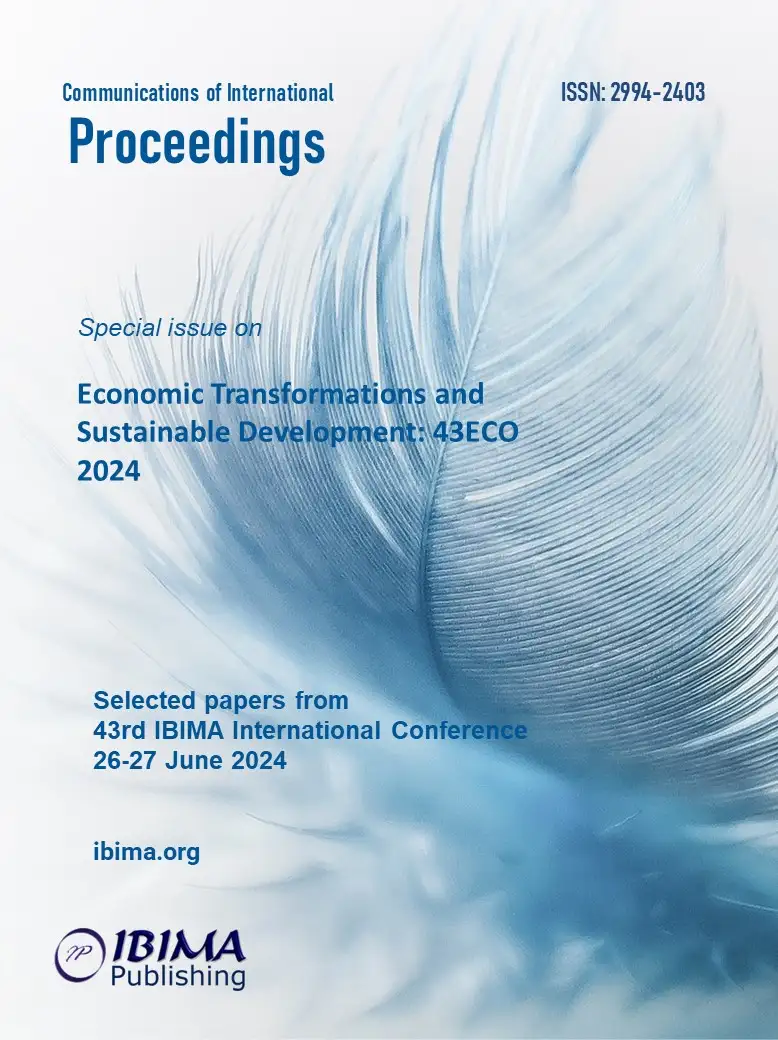
Harald Max Behrschmidt and Tobias Sick
Comenius University, Bratislava, Slovakia

This paper examines the significant impact of Houthi rebel attacks on maritime cargo shipping in the Red Sea, which began in mid-November 2023. These attacks, targeting vessels linked to Israel, have disrupted global shipping routes, compelling major companies like A.P. Møller-Mærsk to reroute their operations for safety. This turmoil has led to a surge in insurance costs for ships navigating the Red Sea, reflecting heightened risks and potential repercussions on global trade and the economy. With a third of global cargo traffic and substantial energy supplies transiting through the Red Sea, any prolonged disruption could escalate consumer prices and cause severe supply chain disruptions.
The study explores the response of the insurance industry to these elevated risks, including adjustments in underwriting standards, new risk evaluation procedures, and the introduction of specialized insurance policies. It hypothesizes that insurers perceive these attacks as a substantial threat to maritime trade, prompting precautionary measures to protect their interests and those of their clients. The findings indicate that the increased risks have led to a tenfold rise in insurance premiums, underscoring the need for insurers to continually adapt their strategies to the evolving security landscape in the Red Sea. The paper concludes with recommendations for future research and strategies to enhance the resilience of the trade credit insurance market amidst geopolitical uncertainties